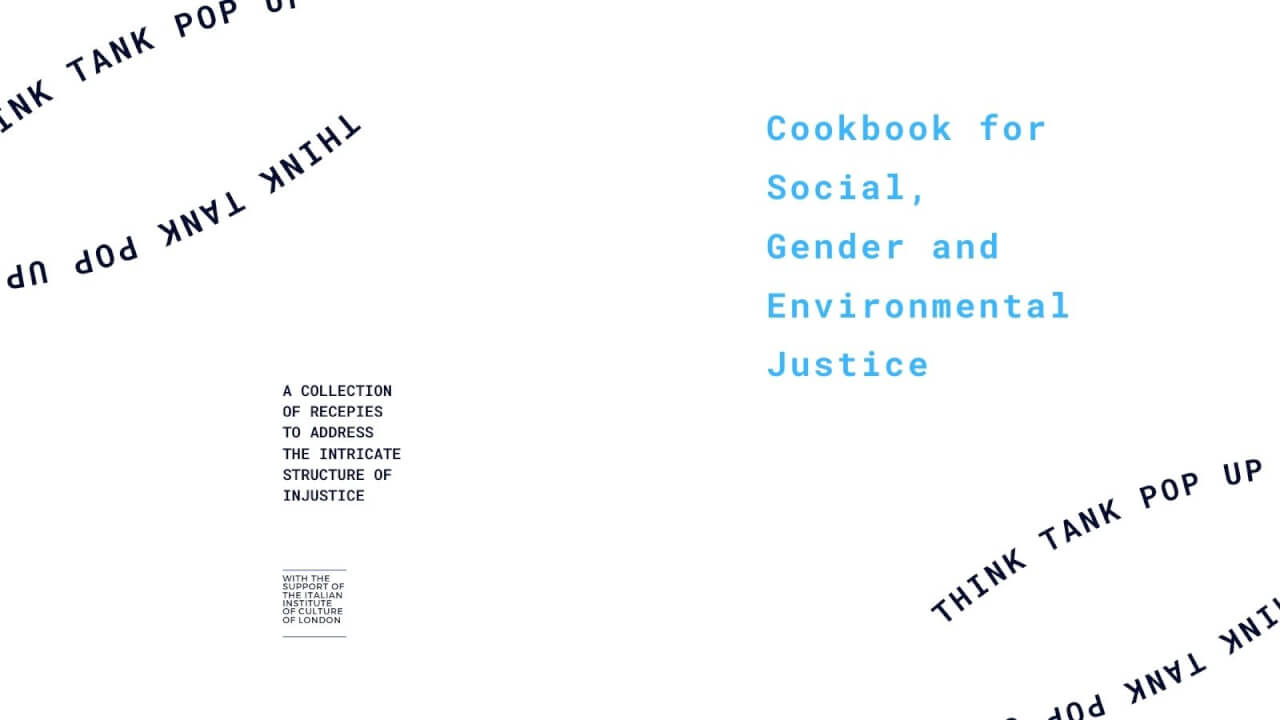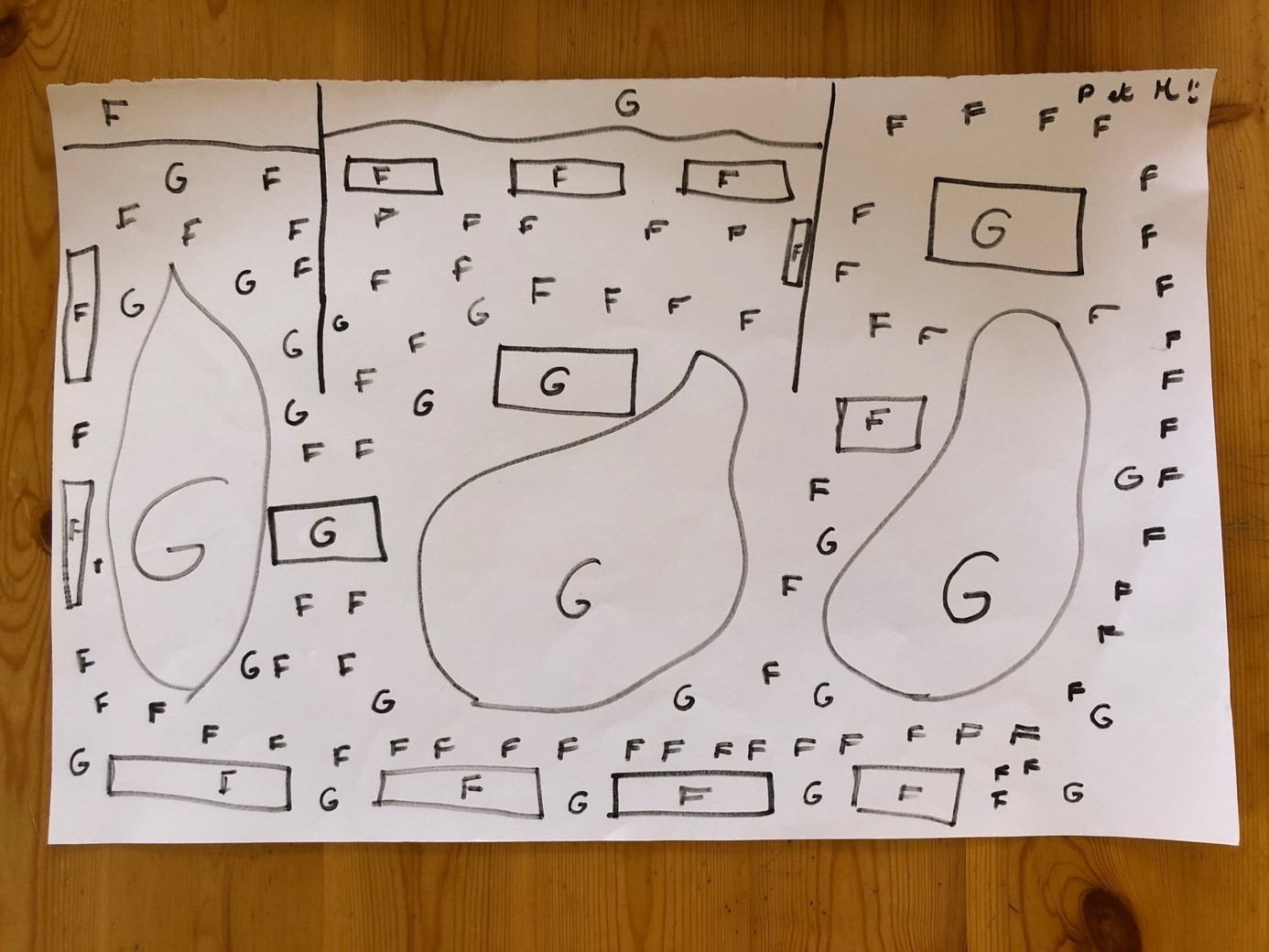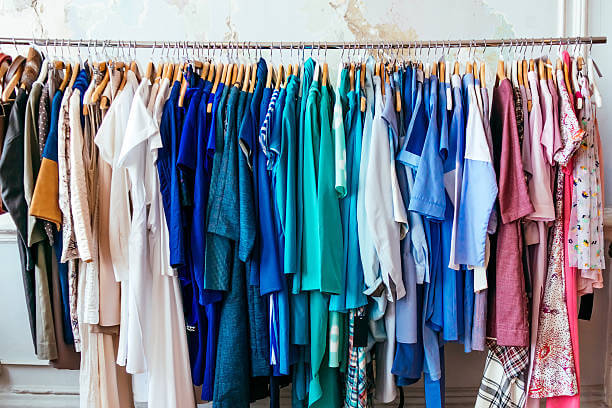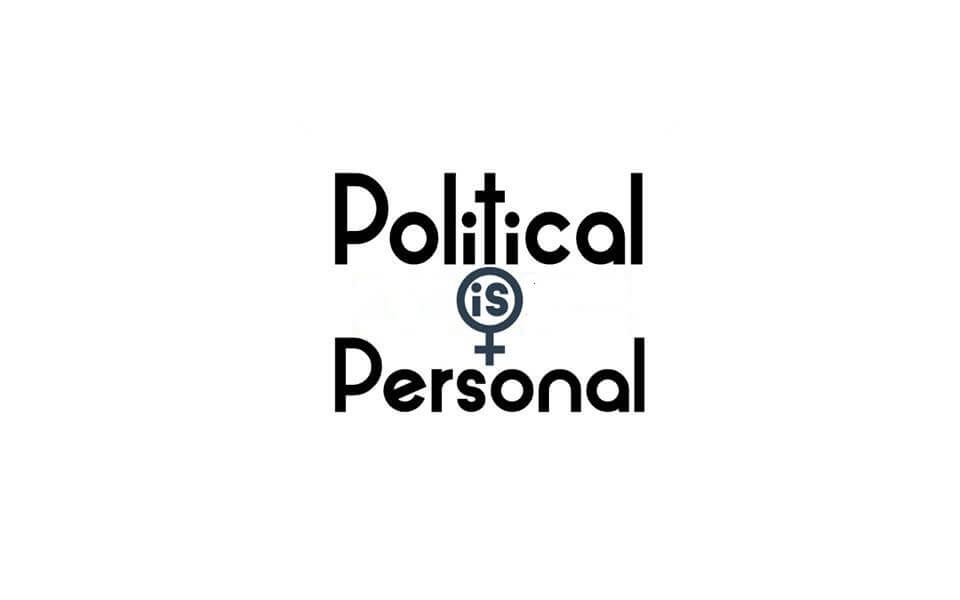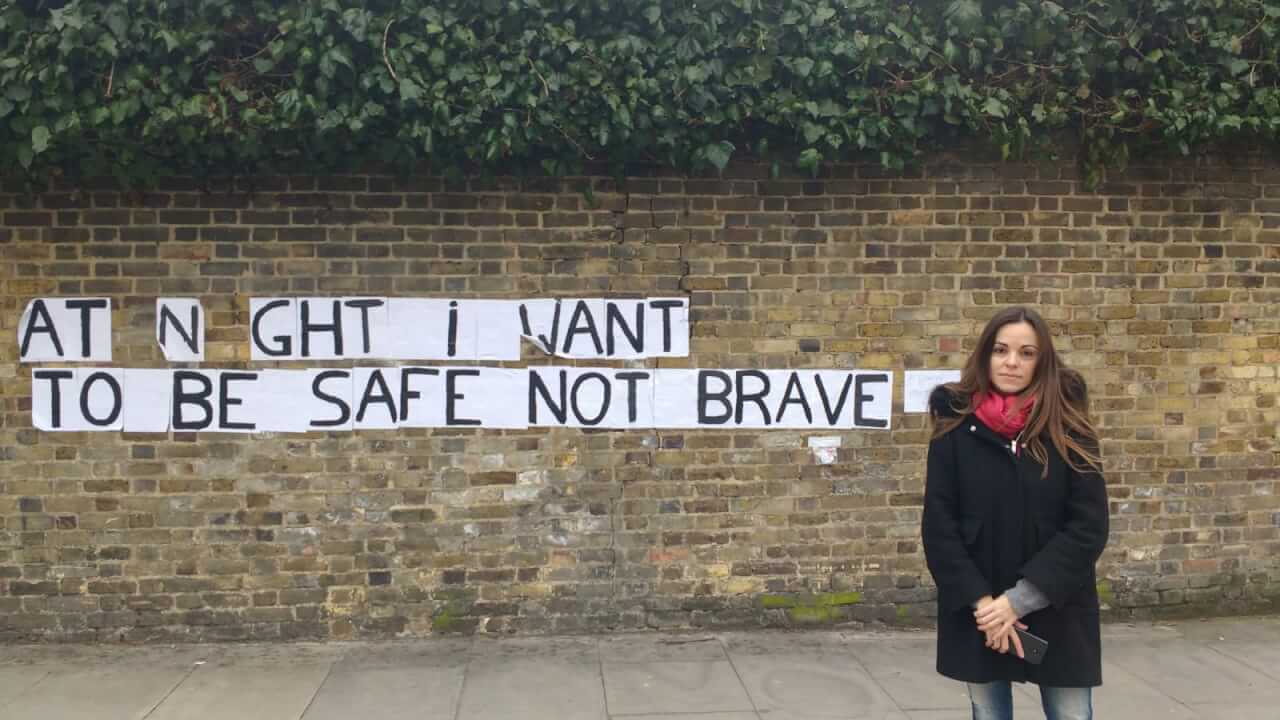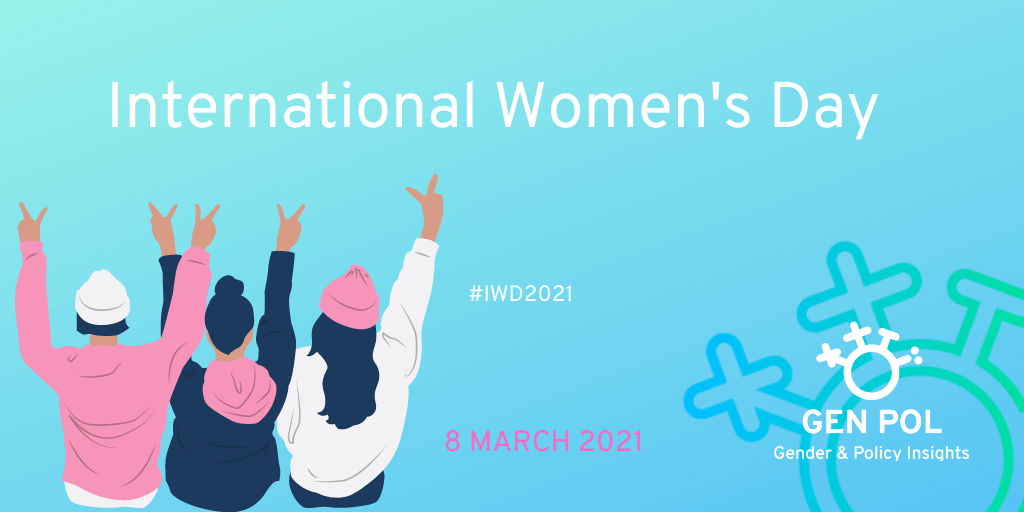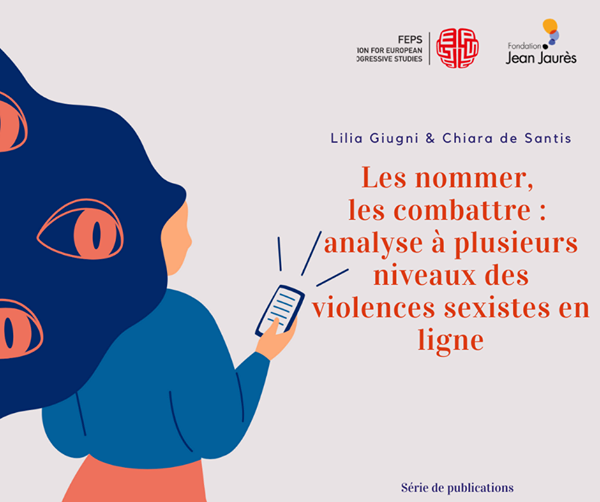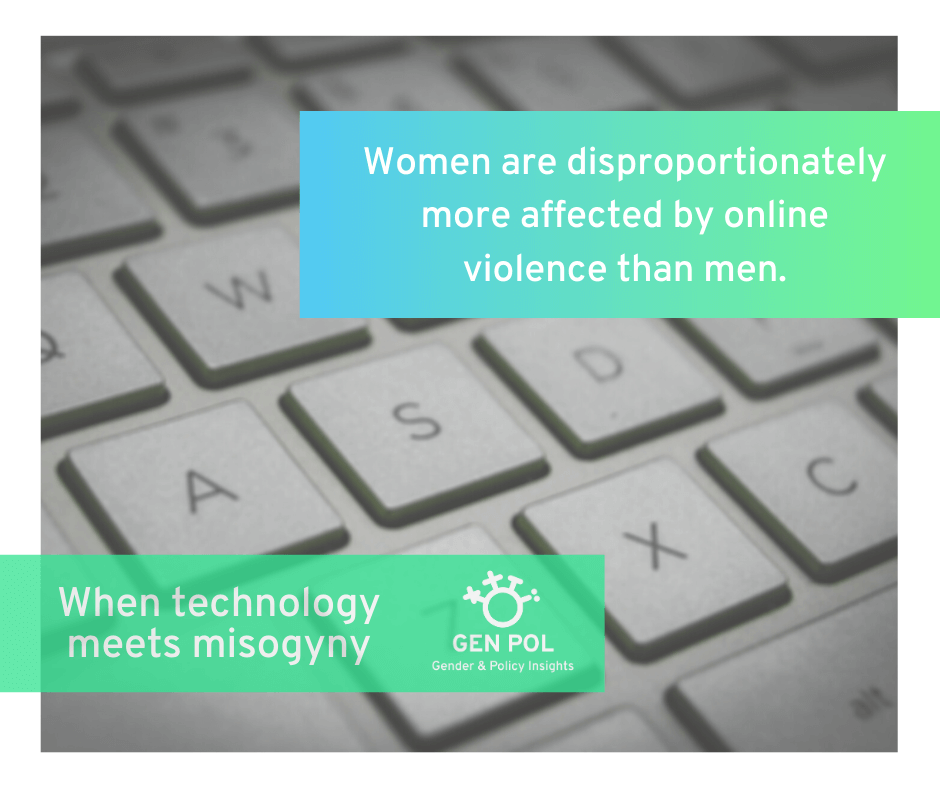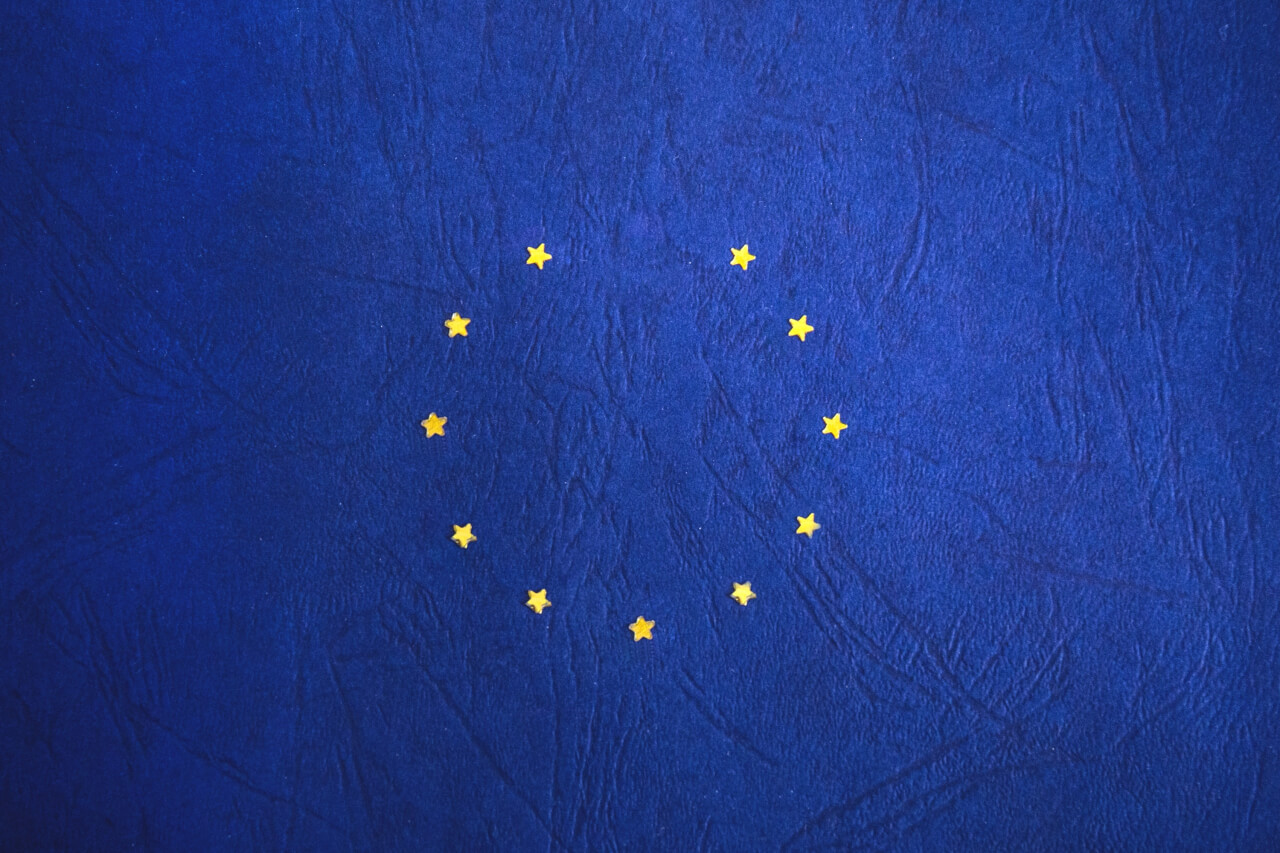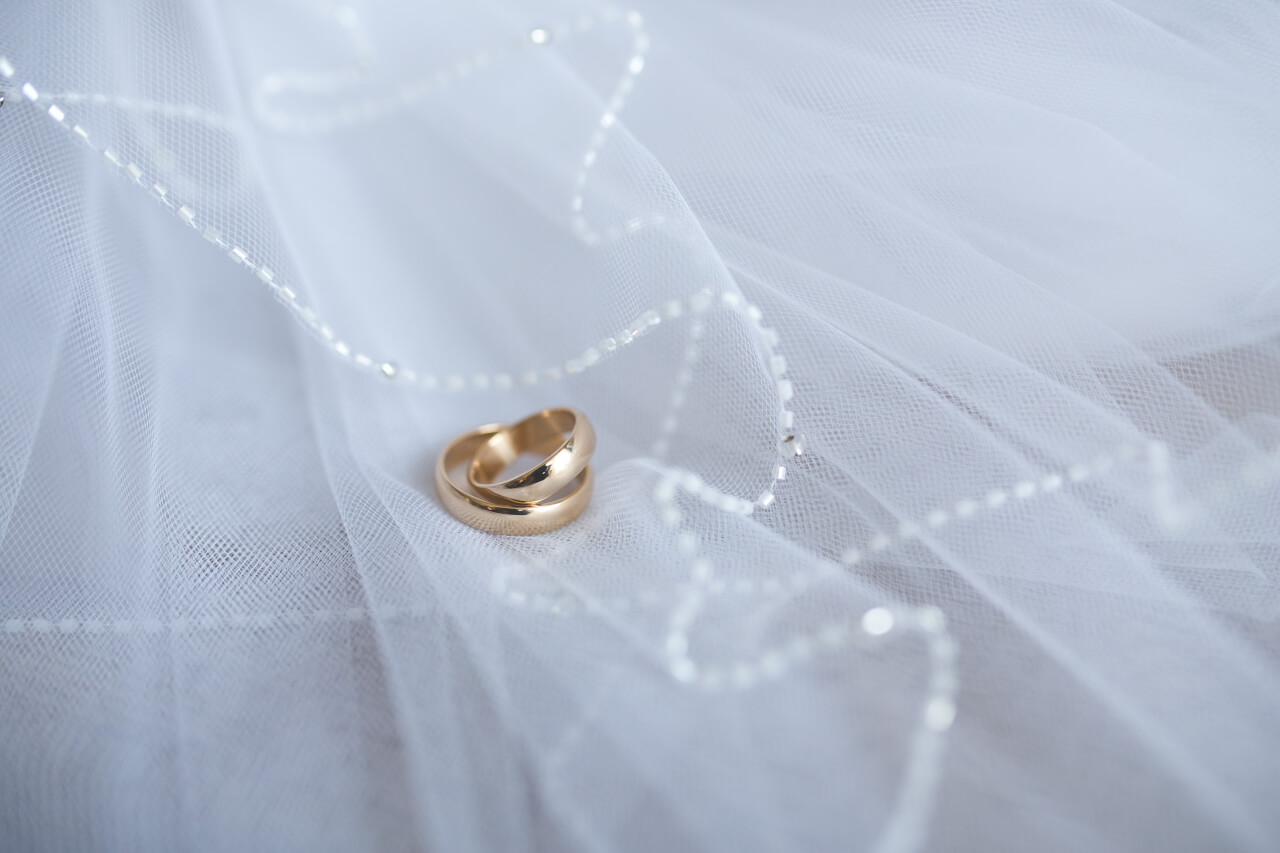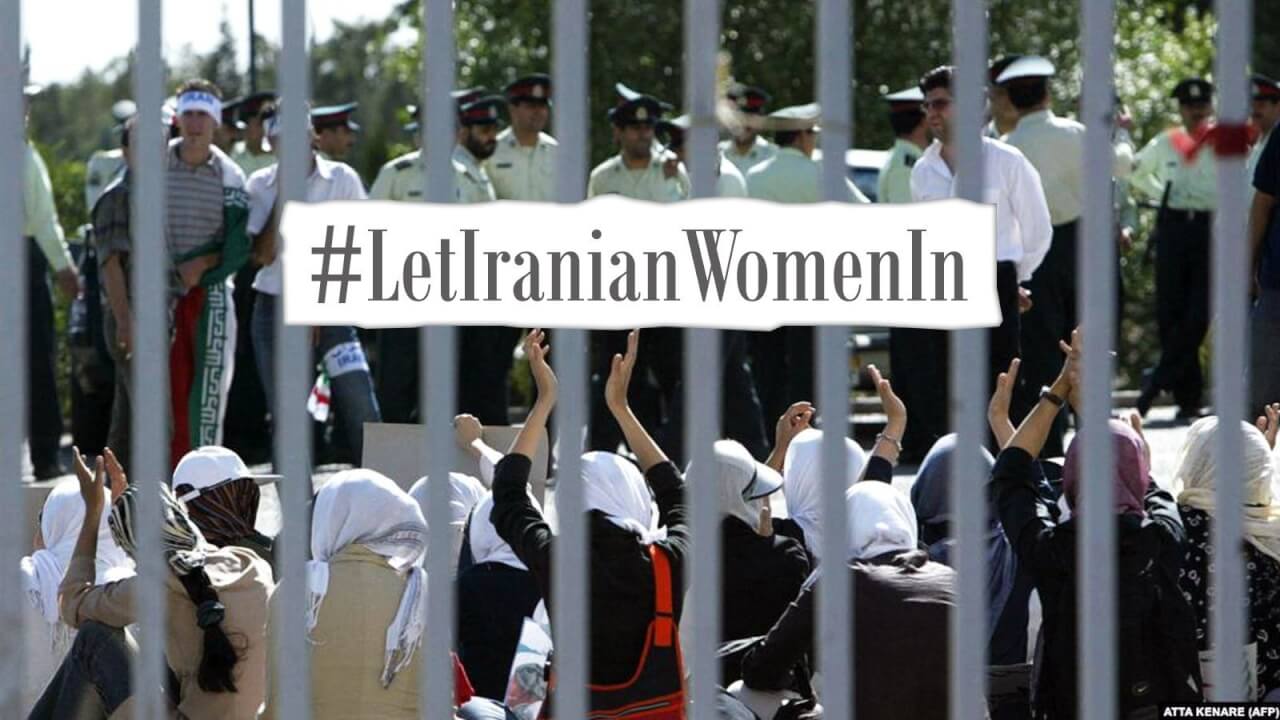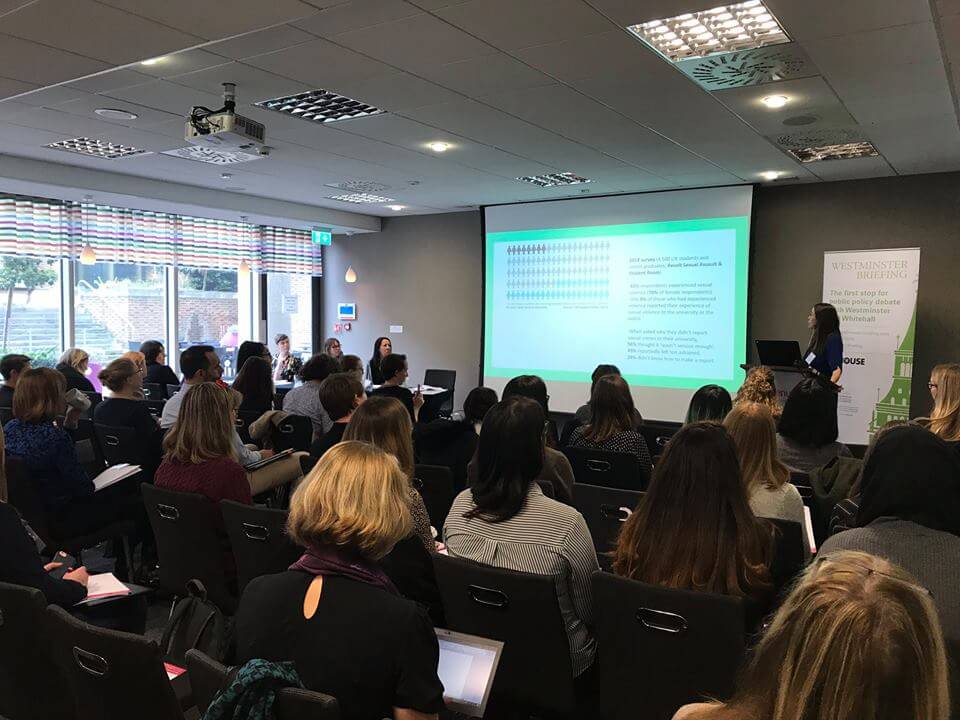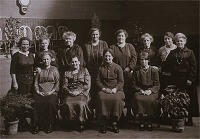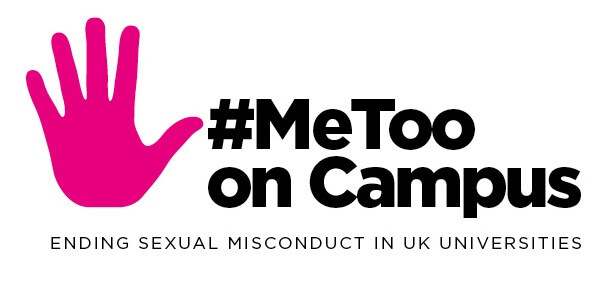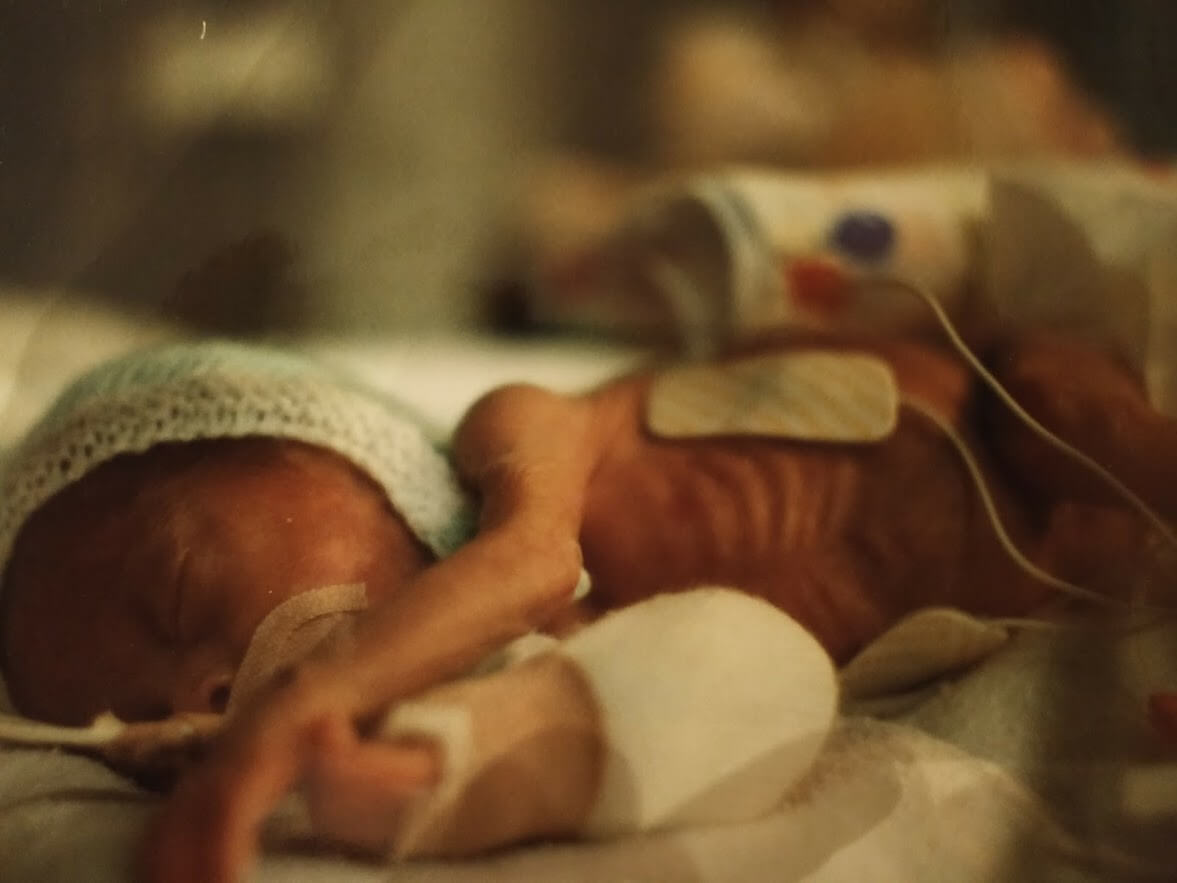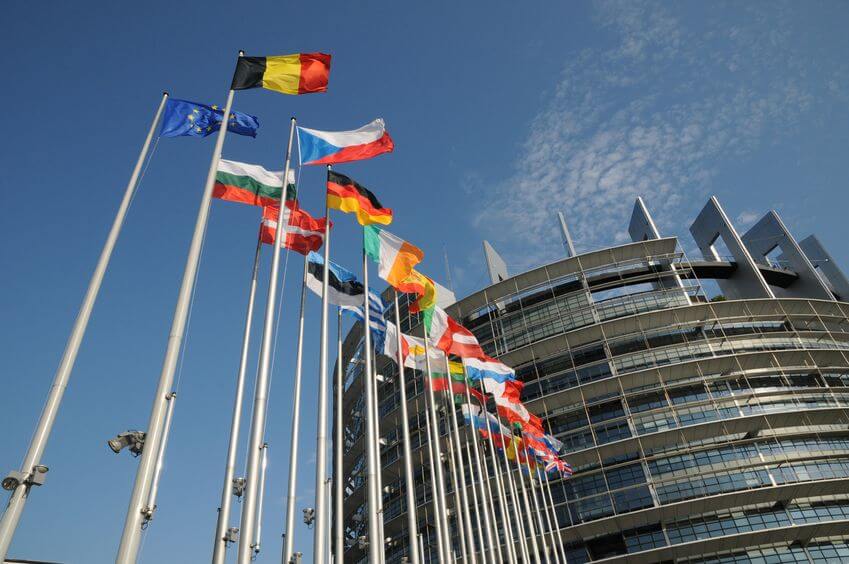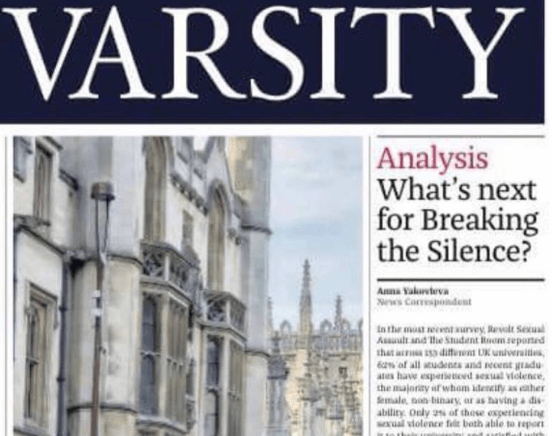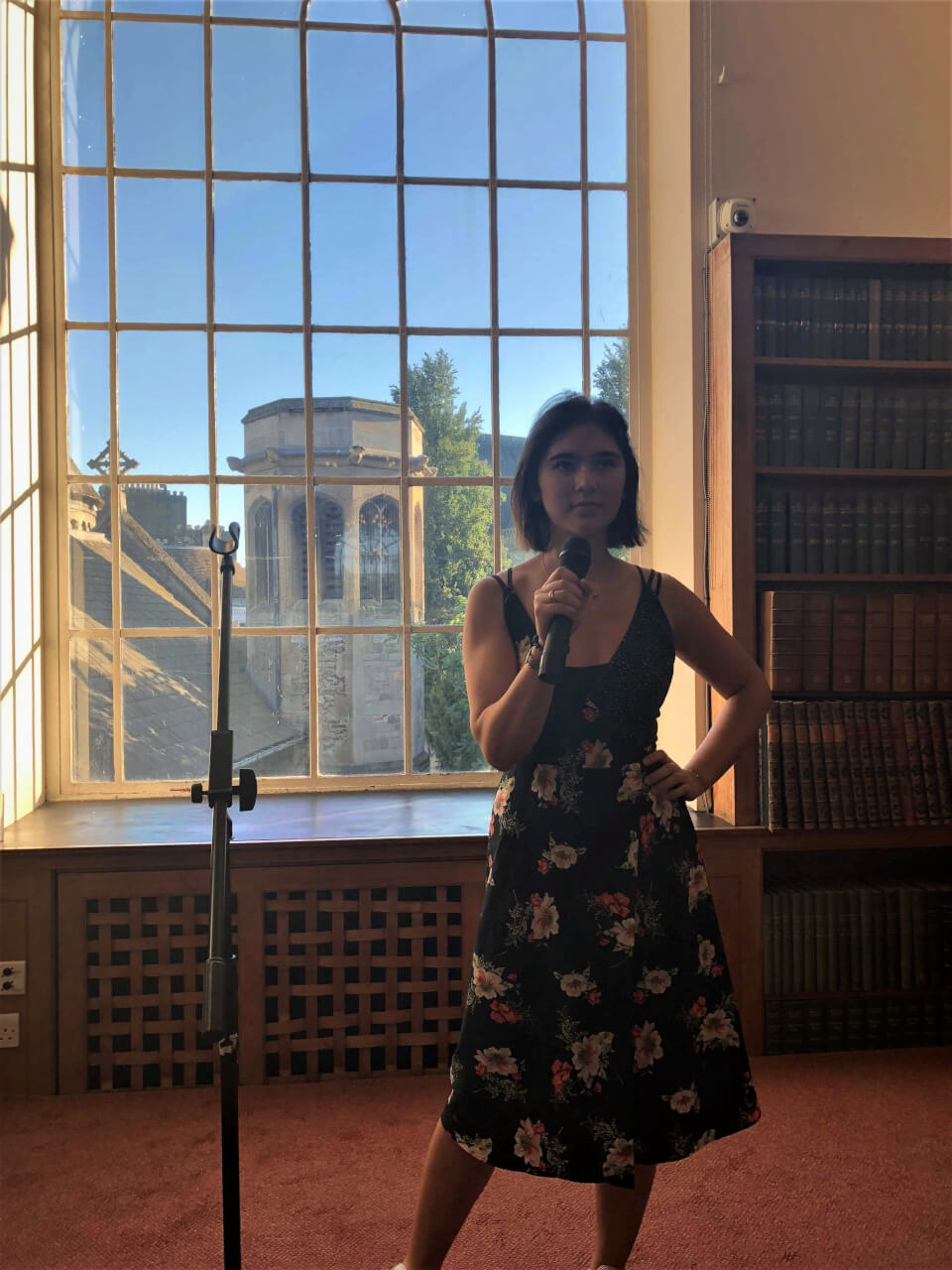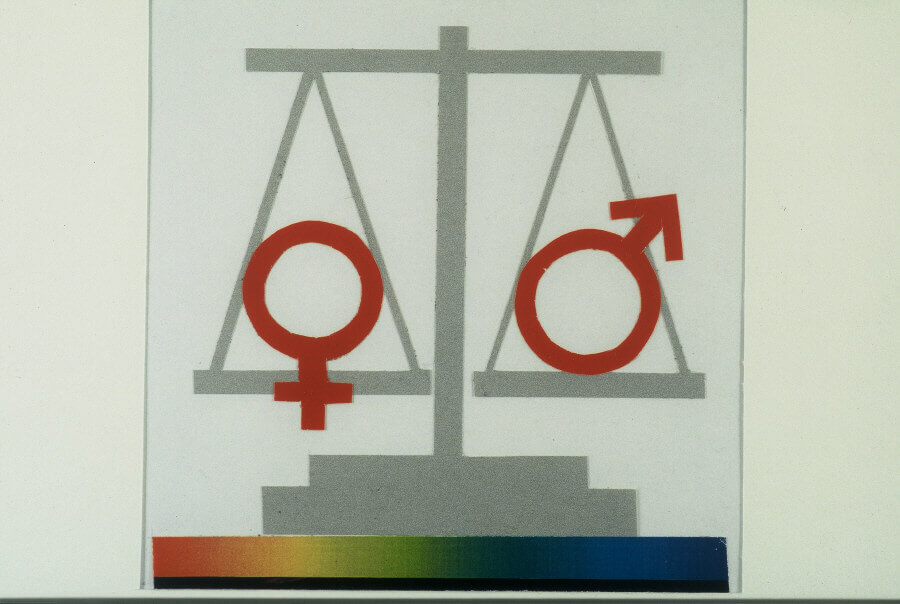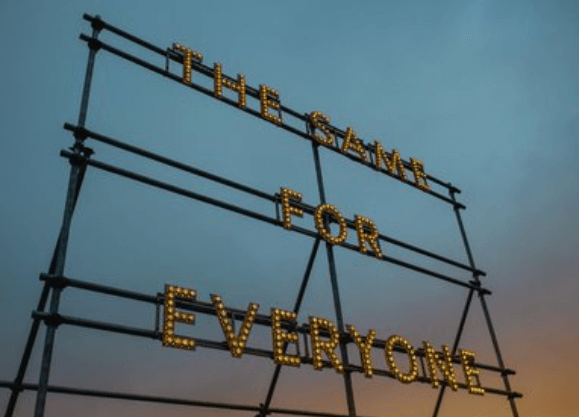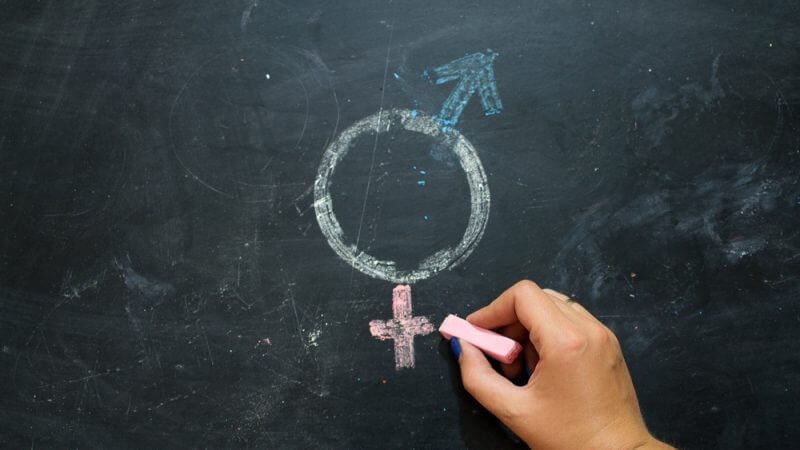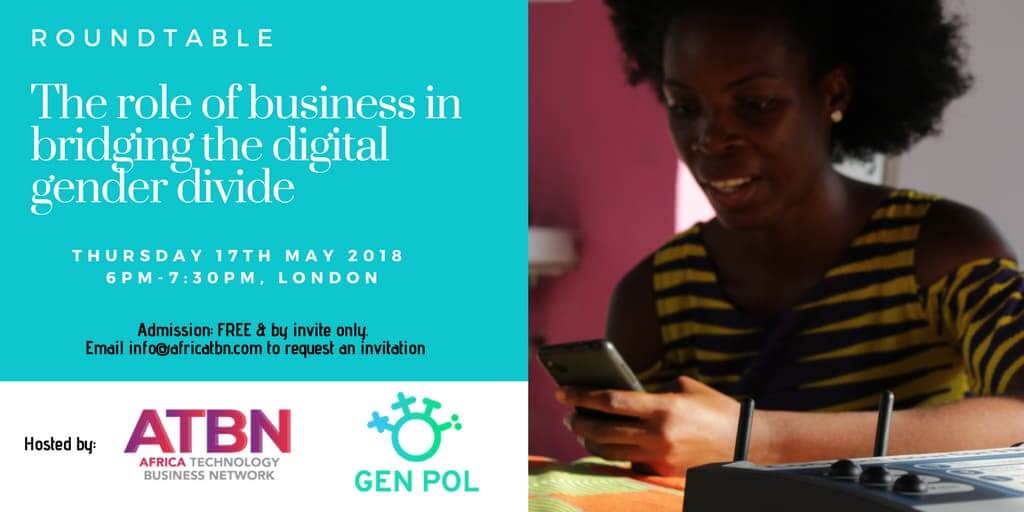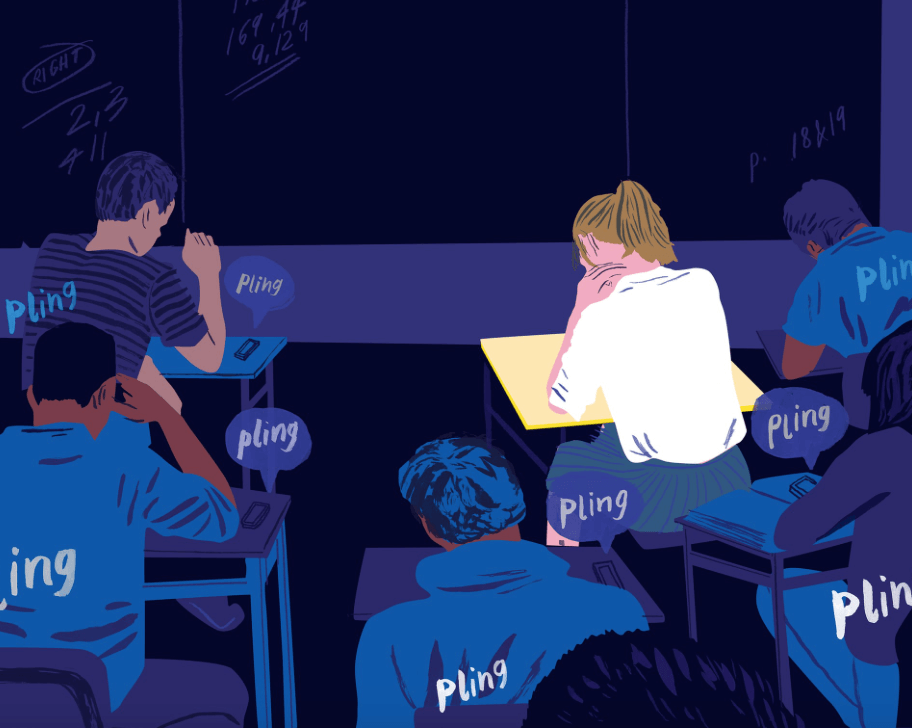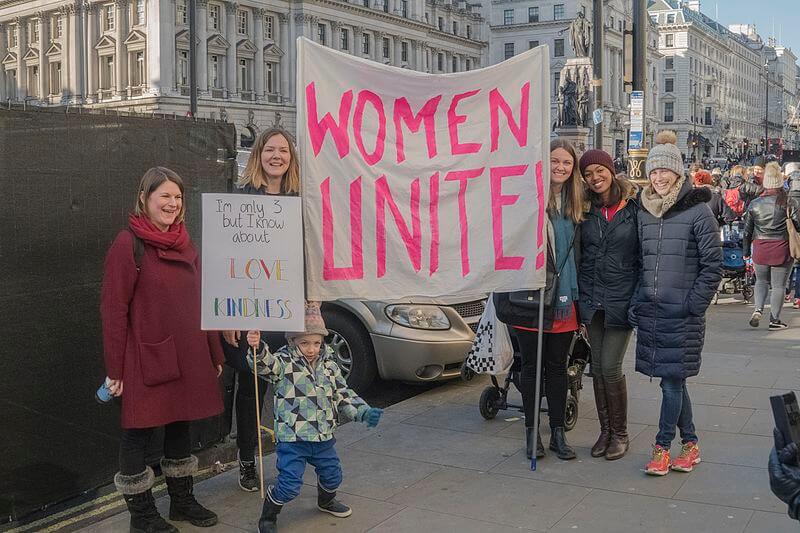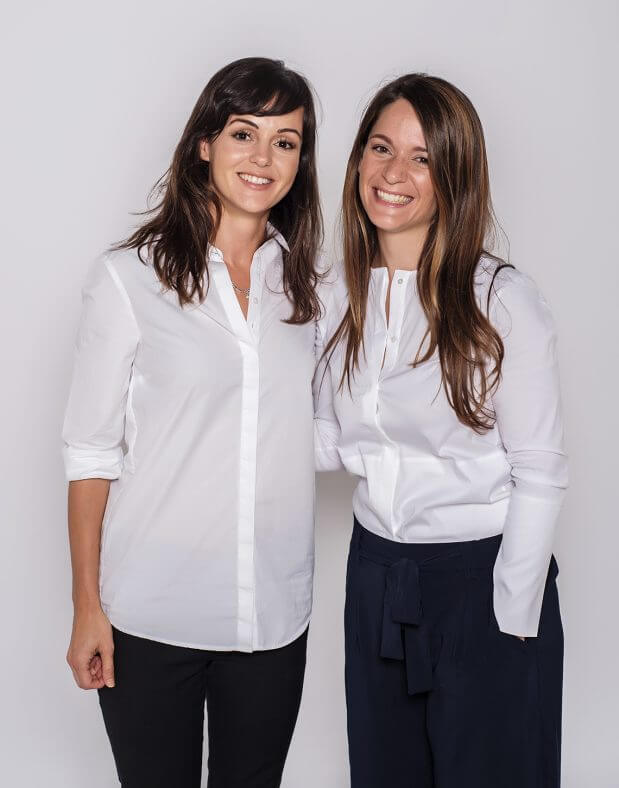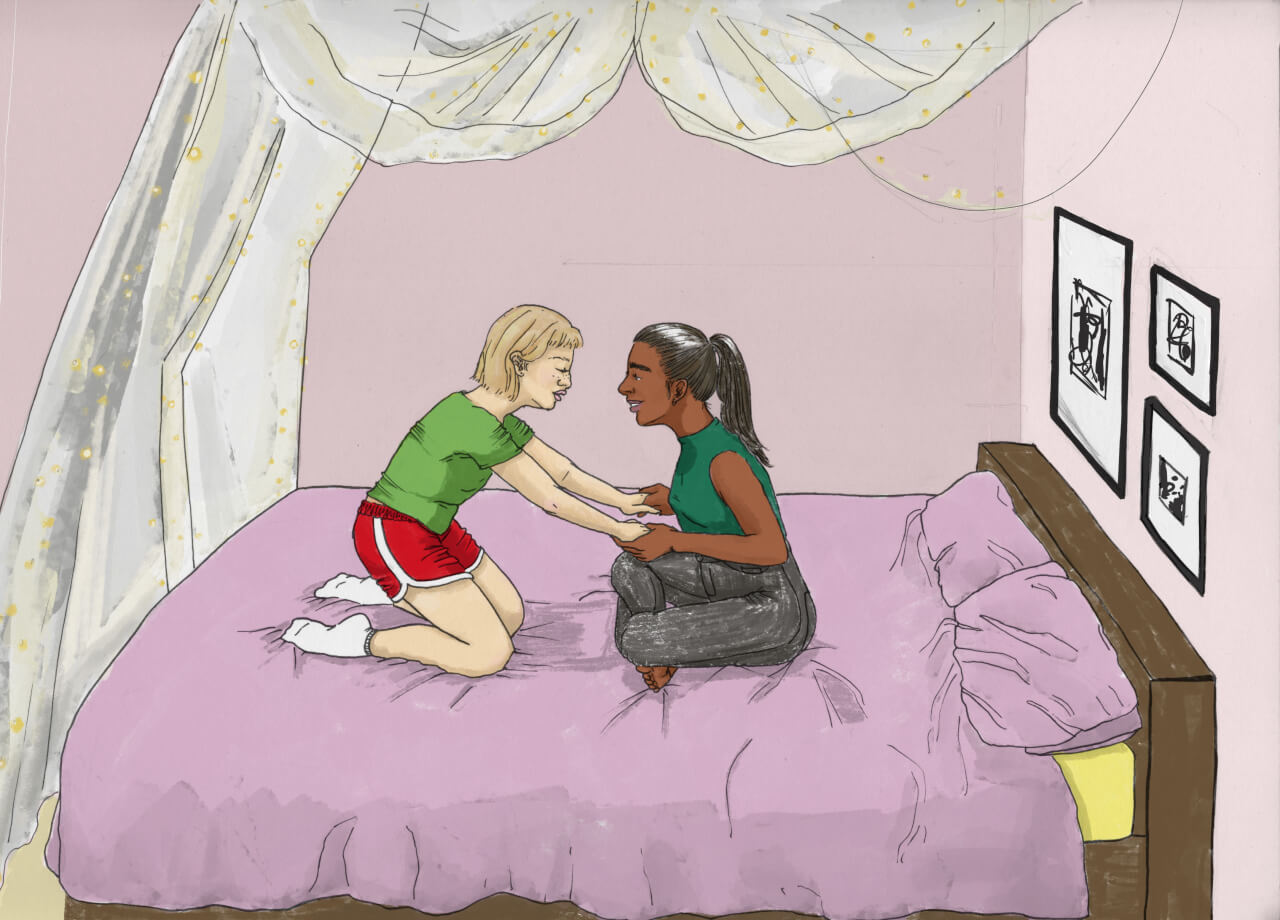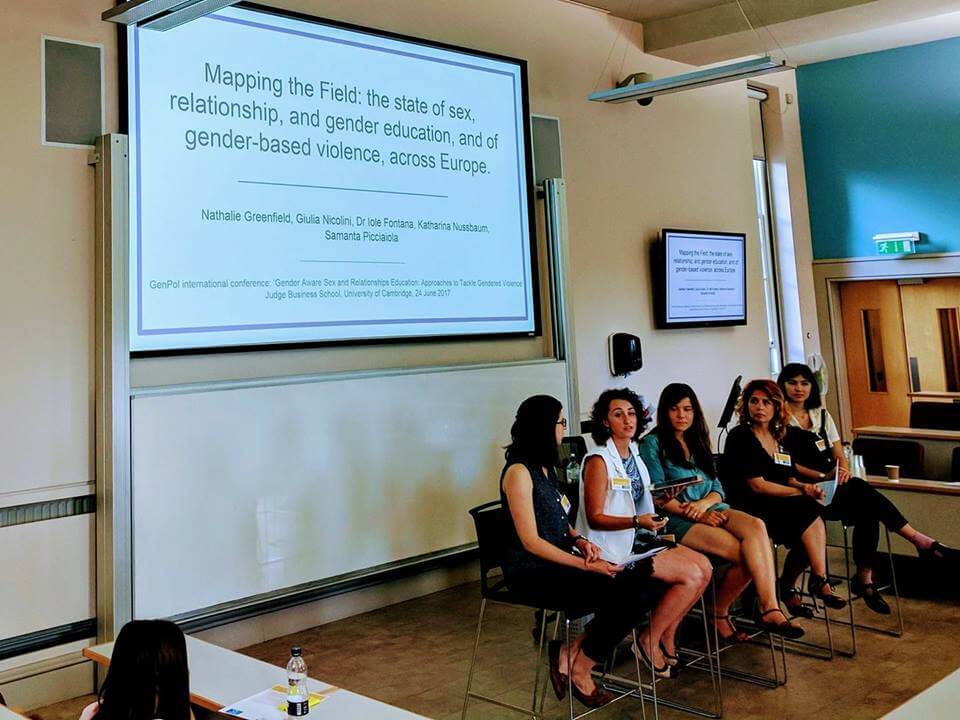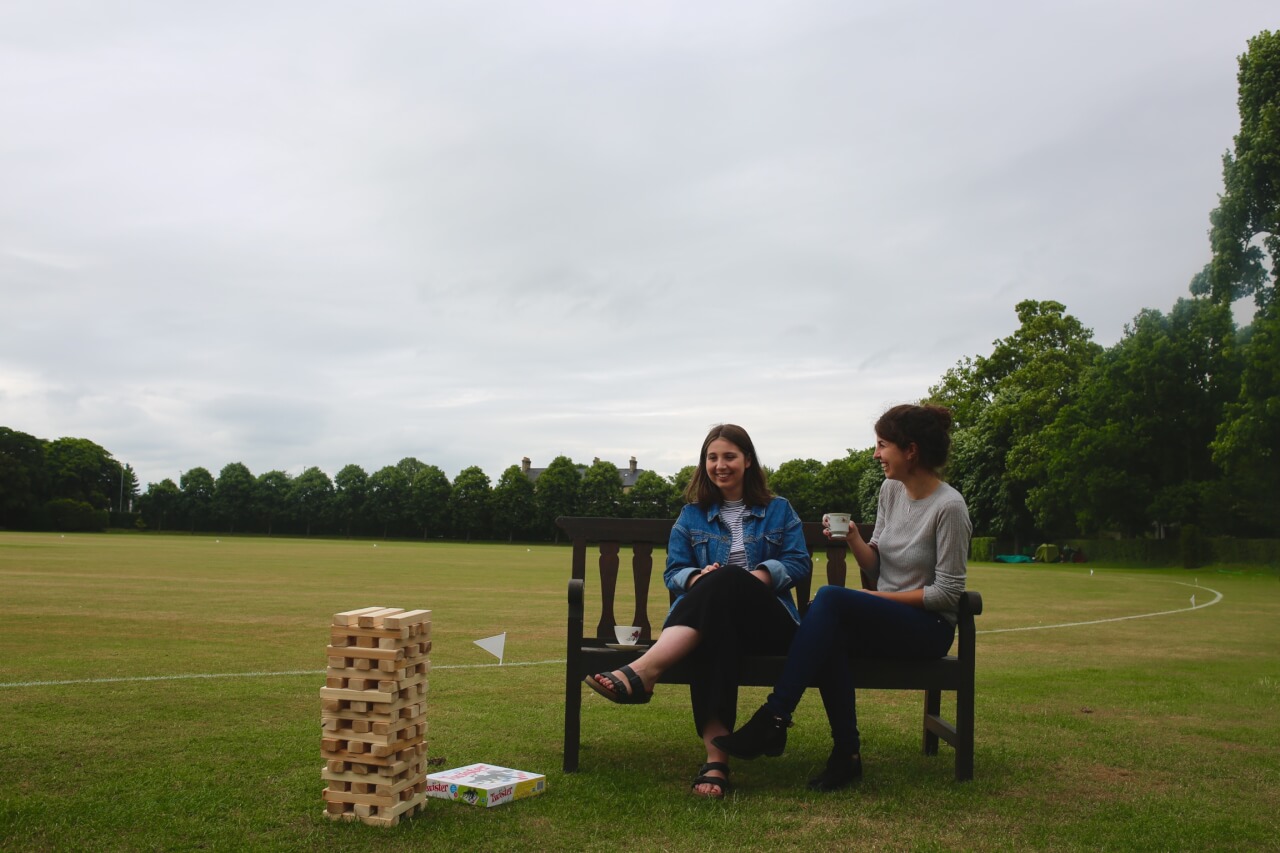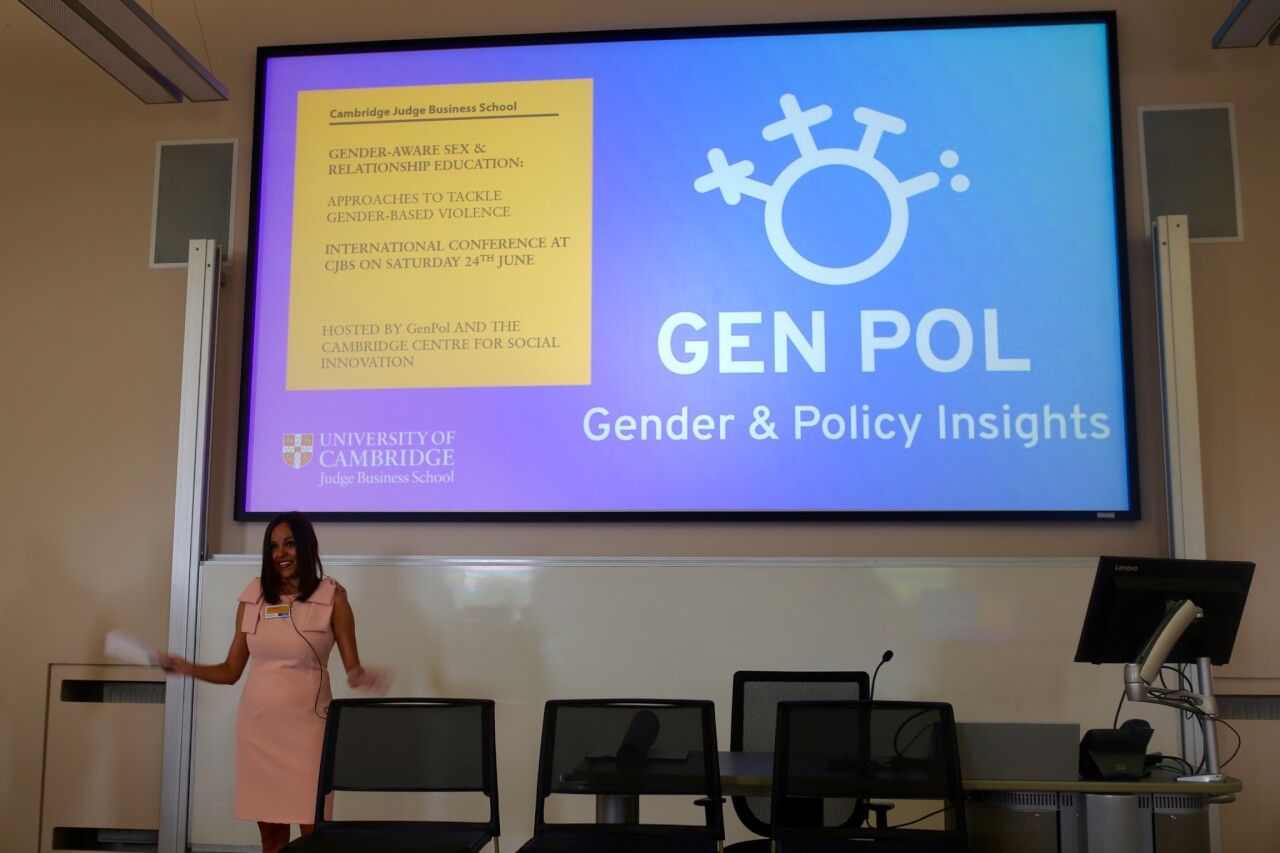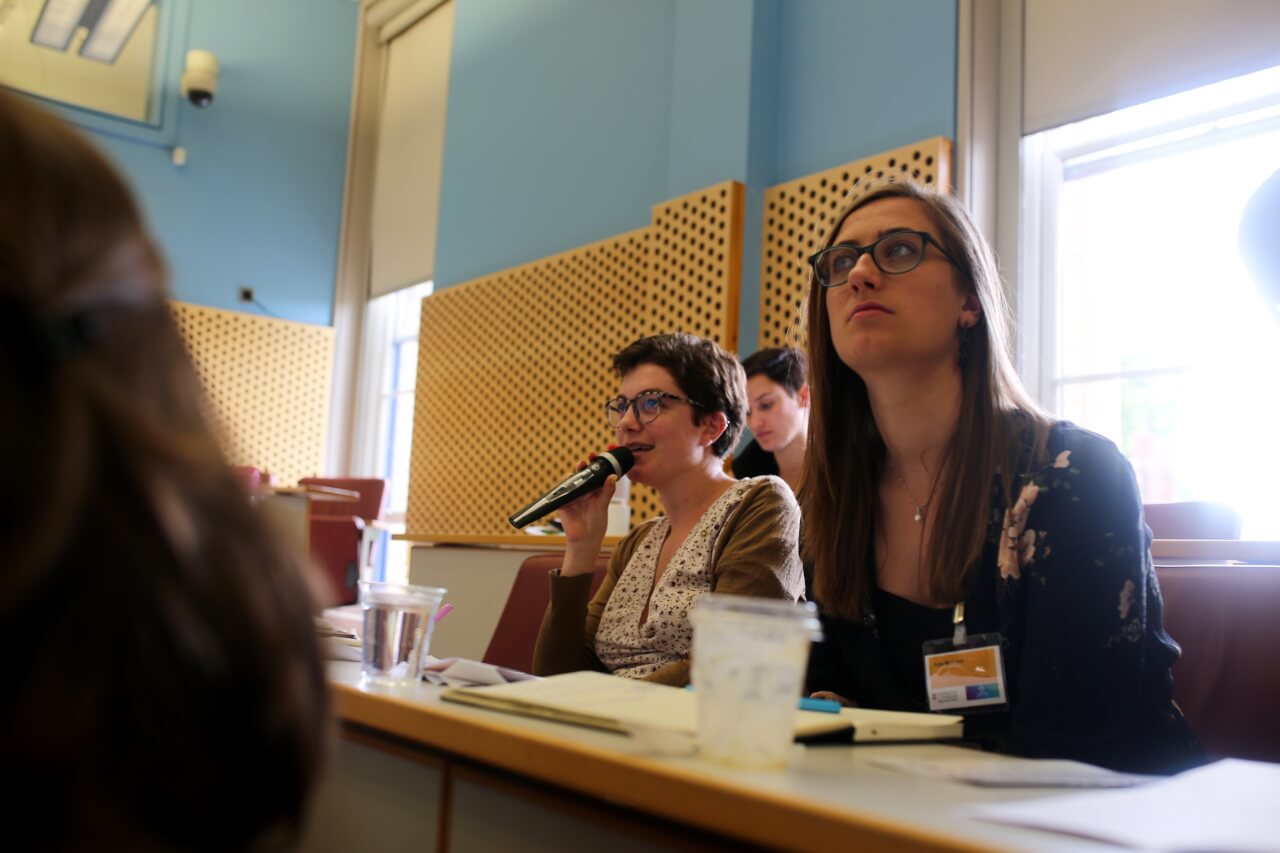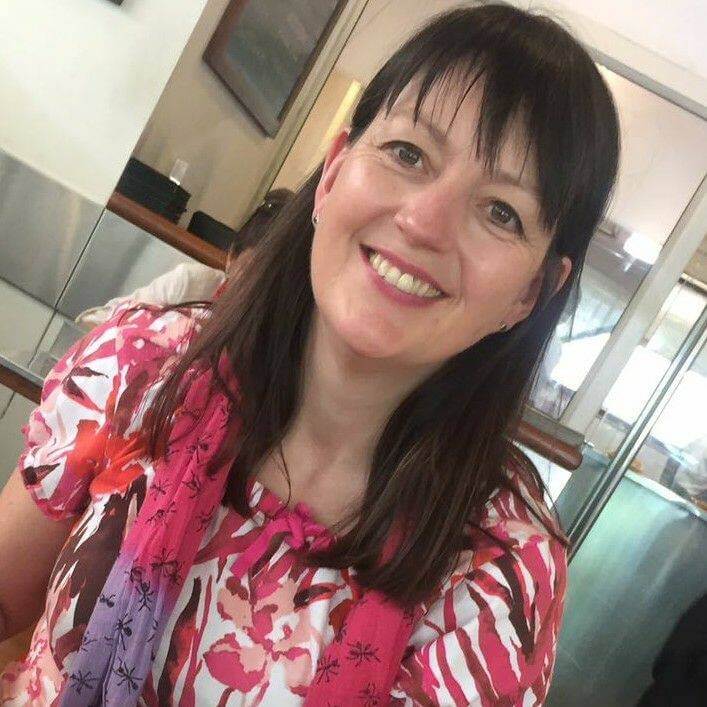
This week GenPol sat down with Jo Salter, founder of the ethical clothing brand Where Does it Come From. We talked about ethical fashion, the simple steps we can all take to live more sustainability (cut down on plastic bottles, everyone), and the importance of women empowering each other. Jo has been kind enough to offer all our blog readers a 10% discount on an item (or items!) of their choice using the code Gen10. Have fun browsing her beautiful collections, and we hope you enjoy the interview as much as we did.
What was it that first inspired you to set up Where Does It Come From back in 2013? Tell us a little about your journey
I’ve always been a questioner – some might say too much so! I’d been involved in Fairtrade and ethical business for a while but when I had my children I became even more aware of the total lack of traceability in the products we buy. I wanted answers to questions on who was making their clothes – was it other children making clothes for my children to wear? What was in the fabrics I was putting on their skin? As I looked into it more and more I was amazed about not only the lack of information available, even to brands, on the working conditions of the garment makers involved in their products, but also the environmental impacts of clothing production such as pesticides, polluting dyes and even overuse of water and carbon. I determined to pull together a brand that would be as eco and fairtrade as possible and totally transparent to customers too.
If you could go back to the moment of founding your business and give yourself some advice, what would it be?
I was naive about reaching customers! My advice to me would be to concentrate much more on fearlessly getting the message out there. When working on your own business it’s too easy to be modest and avoid shoving the message down people’s throats. It’s really important to be evangelical and let your passion shine through. I do avoid preaching however, no one wants a sanctimonious brand! Also I would have advised myself to be more patient – but that is never going to happen
The notion of ethical and sustainable fashion has been attracting increased media attention over the past few years, how much progress do you think the fashion industry has made?
There are some really positive developments happening in ethical fashion – big names such as Stella McCartney and celebrities like Emma Watson and even Meghan Markle are making it cool to dress according to your values. Fashion has moved further and further along the ‘fast fashion’ model in recent decades – a downward spiral of bargain prices, cheap fabrics, poor working conditions for both garment makers and the environment. We are now seeing a backlash against this. Information on working conditions coupled with disasters such as Rana Plaza have inspired many of us to change our shopping habits. Big brands such as H&M are seeing their customers demand more ethical alternatives and there are many new brands, such as Where Does It Come From? who are stepping up to meet the demand.
Making ethical cool is a key way to influence shoppers but the fashion industry still needs to address a number of areas, such as the whole concept of trends and being ‘in’ and ‘out’ of fashion. Transitory styles will just encourage people to discard clothes in favour of the latest craze, leading to increased landfill. The fabrics being used and the huge amount of unrecyclable and non-biodegradable plastics in clothing needs to be explored. I would also like to see more of a focus on the stories and heritage around fabrics and garment making not just how they look.
One thing that particularly impressed me about WDICF was your commitment to zero waste and zero plastic. Do you have any recommendations for the sort of swaps/changes our readers could make to try and reduce their own waste footprint?
This is something we feel really strongly about – I want to have minimal negative impact on the environment. For Where Does It Come From? this meant that every decision taken has to be questioned as to its impact, from farming and clothing production to the labels and packaging we use. We even have our website hosted on a wind powered platform! This does require a little effort and often means not taking the cheapest option but the benefits are far reaching and also very satisfying.
For your readers I would suggest starting with small steps – start consciously questioning yourself in choices you are making – do I really need this new t shirt? Can I bring my own cup with me and re-use through the day? Can I buy second hand? Can I walk rather than drive this short distance? I think we are all aware of our options but have ingrained habits. Every little change has an impact and if you fall off the ‘ethical wagon’ don’t despair – just hop back on again! If everyone created once less waste cup or bottle per day, just imagine how much smaller the plastic mountain would be!
I love the Trace Your Garment feature available on your website. Where did the idea for that come from?
That was literally a ‘middle of the night’ moment! I had been thinking through my business plan and woke up with the traceability concept and the business name in my head! I had to wake my husband and tell him….
I wanted to find a way to easily communicate to customers the story behind their garment, and I wanted total traceability, right back to the core components. Too often we are told that a cotton item is ‘made in Britain’ – we don’t have any cotton fields in the UK!
As well as the obvious ethical benefits around our production I believe it’s good for us as consumers to know the stories – it helps us connect with our products better which hopefully inspire us to love them more and generally be happier so good for our mental health. It’s also very educational for children.
Collecting the information was a bit more challenging as we needed to find partners throughout the supply chain who met our ethical values and were able to be totally transparent. This took some time as we are really selective about who we work with and want to build long term relationships. Our Indian partner, Moral Fibre Fabrics, works with local co-operatives to empower rural women and we have now done 7 productions with them. It took several years to build the relationship but when we visited the supply chain we stayed in the family home of the founder and attended a family wedding of one of the designers!
The fashion industry has historically come under attack for the pressure it places on women to conform to a certain set of aesthetic criteria, but has been your experience of the gender dynamics in the industry?
As an ethical brand owner I work closely with many other ethical clothing brand owners and I’ve found that many are women – often women who themselves want to take hold of and change the perception of women and fashion. Brands owned or co-owned by men are equally looking to promote consciousness in clothing. Due to the whole ethos of thoughtfulness, quality and re-usability of ethical fashion I’ve found that women (and men) who are targeted as ethical fashion customers tend to be of a much wider age range and economic dynamic. These are people looking for style with individuality and longevity.
The wider fashion industry does appear to have assigned certain values to women in the past, around size and, dare I say it, a certain shallowness around how they look. I don’t think that this reflects the majority of women which is why we have felt alienated from it. I believe this changing in the wider fashion area but not perhaps so much in fast fashion. Hopefully this will develop as the younger generations are certainly very switched on to environmental issues.
I also want to see change in the sexual stereotyping of children’s clothing generally. There is no simple solution here but the polarisation that currently exists is very confusing and segregating for many children, as well as influencing them in their self-image from a young age.
A shift in attitudes has been felt across almost every industry when it comes to gender equality in the workplace in the aftermath of #MeToo and #TimesUp What are the biggest changes you think we need to see?
80% of garment makers in fast fashion are actually women, and when it comes to shopping for clothes the proportion is about the same – as many women buy the clothing for their husbands and families. Women have the power to change the situation for their sisters in the garment industry who are enduring poverty, awful working conditions and family separation just to bring us cheap clothing. I would like to see a movement whereby women support women in the garment industry, through their shopping choices. #womenforwomen
What would your advice be for entrepreneurs looking to start out in the wake of these movements? What would be the main message you’d want them to take away from your experiences?
The main message I would give to new entrepreneurs is not to hesitate to shout about what they are doing. Collaborate with other brands to get your message and products out there. It’s much easier to work with and share ideas with others than to try and work all alone.
You have been kind enough to offer GenPol readers a 10% discount using the code Gen10. What would you say is your ‘must’ have item from the WDICF collection? Why?
Personally I believe that our scarves are a MUST. You can wear them to brighten up and add your own personal touch to any outfit, and tie them in lots of different ways too! Ours are 100% khadi handwoven cotton and then hand printed with our unique designs. We make them long so they work well as a wrap too, and they’ve been used as a breastfeeding aid too. I love taking mine on holiday as a couple of scarves don’t take up much room and can be worn in so many ways. We’ve done quite a few custom scarf designs for businesses too, using their logo’s to make a gorgeous print.
Where do you see Where Does It Come From? in 10 years’ time?
Just as right now, we will be focussing on three beneficiaries – our makers (fair trade), the environment and inspiring our consumers. Generally the plan is for Where Does It Come From? to be grow our partnerships so that we work with more and more social enterprises and artisan groups globally, setting up supply chains to create livelihoods and uphold and reinvigorate traditional skills where needed. We will continue to grow our range of basic items and sharing their stories with our customers and hopefully inspiring them to connect with their products and to shop more and more according to their values.
We love collaborations too so I can really see us working with other brands and also charities, to raise the issues around the garment industry and ethical consumerism and to support communities around garment making and the farming of fibres such as organic cotton.
What do you hope will have changed by then?
I really hope that ethical shopping will have become the norm. The ethical market in the UK is growing steadily each year but is still under 10% of all shopping. Part of the challenge is that consumers expect their products to be cheap – prices haven’t really risen for many years, especially in clothing. When faced with a choice between a cheap product with unknown provenance and an ethical product that costs more, most people still buy based on price. I believe that this will change when consumers are made more aware of what is happening to bring them their cheaper products – most people don’t want others to suffer to bring them a bargain. Legislation also has a part to play. The modern slavery act of 2016 will be just the start I hope, with measures coming in to ensure companies monitor their supply chains for abuses. Looking for the cheapest suppliers will no longer be the best strategy and this will also lead to prices becoming more realistic with less of a differentiation between ethical and non-ethical products.
Ellen Davis-Walker
Chief Marketing and Communications Officer
